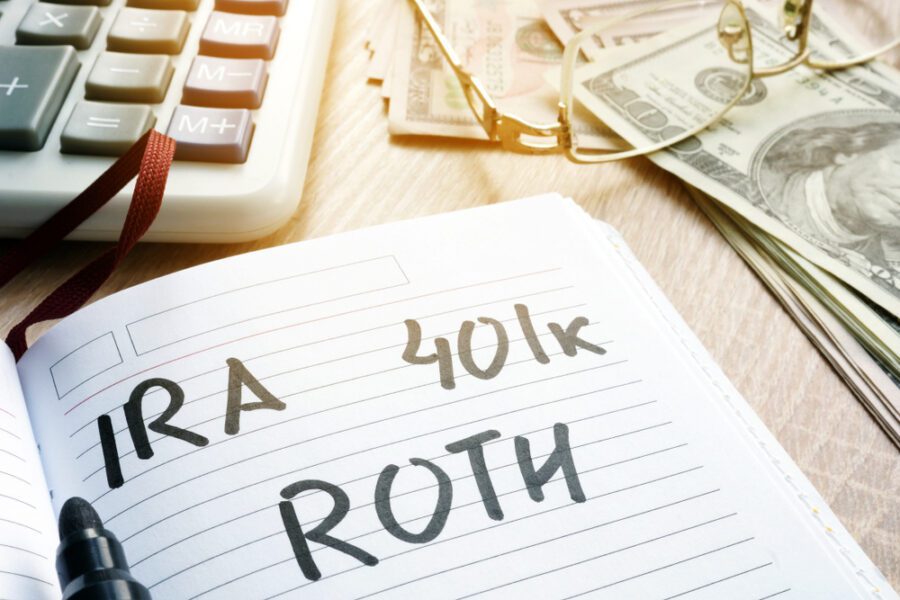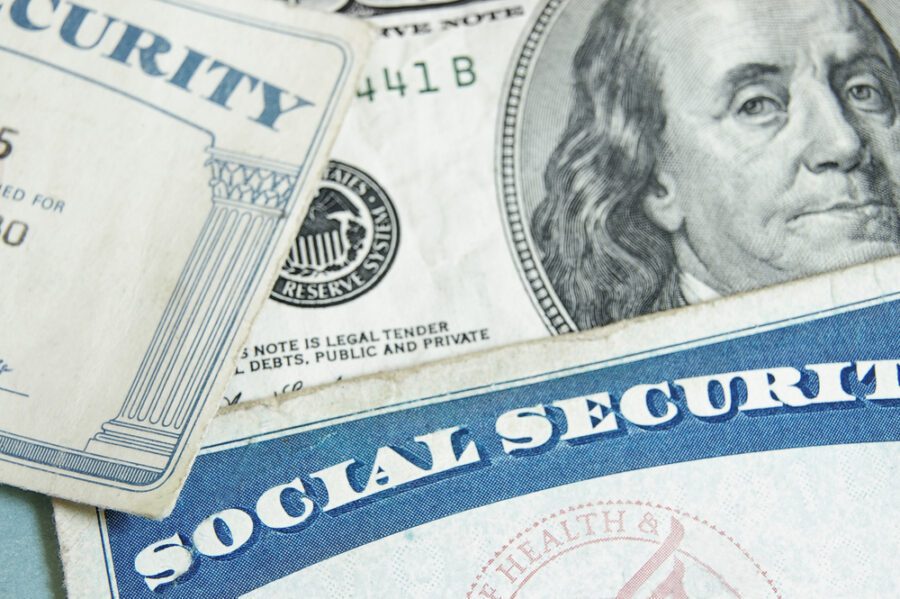…Are you planning on boosting your retirement savings?
Many people say that it’s best to start planning for your retirement as early as possible because, let’s face it, the earlier you start saving, the easier it will be, thanks to the influence and potential of compound interest. However, if you don’t start as early as experts suggest, it’s not that big of a deal because any time is a good time.
So if you’ve started later compared to other people, you should know that there are plenty of ways you can boost your retirement savings. We thought that you might need a bit of help to understand what you’ll actually have to do, so we talked to some experts who shared their best tips with us.
If you’re looking for some easy ways to boost your savings, here is your ultimate guide to help you do so!

1. Employer’s match
We start off this list strong by sharing with you one of the most incredible tips: if your employer is generous enough to match your 401(k) plan contributions, be sure that you contribute with the minimum so that you can take full advantage of the match.
Your employer might, for instance, offer to match 50% of employee contributions up to 5% of your pay. In other words, if you make $50,000 a year and put $2,500 into your retirement account, your employer will contribute an additional $1,250. In essence, this means that you get free money, so don’t just leave it there, but make the best of it!
2. Stash your extra funds
Do you have any extra savings? Don’t spend them, but use that money in a smart way! Every time you get a raise, for example, boost your contribution percentage. Experts recommend you should put at least half of the extra money into your retirement plan account.
And while you might think that those extra savings will help you get that beautiful vacation you have been dreaming of, don’t mistake that additional money and think that it’s only found money. Of course, treat yourself, because you’ve worked hard for that cash, but don’t go overboard with it.
3. 401(k) account
If you are qualified and your employer offers a typical 401(k) plan, you might be able to contribute before taxes, which might be a big benefit for you in the long run. Let’s take an example so that it’s easier to understand: we will suppose that you want to contribute $100 per pay period and are in the 12 percent tax bracket.
Given the fact that the respective amount of money is deducted from your paycheck prior to the application of federal income taxes, only $88 will be lost from your take-home pay (plus the amount of applicable state and local income tax, Social Security, and Medicare tax).
Long story short, now you have the chance to invest more of your income without making a hole in your monthly budget. If the 401(k) plan offered by your employer also comes with a Roth 401(k) option, which uses post-tax income rather than pre-tax funds, you should consider your income tax bracket in retirement to see if this is the best option for you. You still have plenty of options for what to do with your 401(k) account even if you quit that employment.
4. Open an IRA
If you’re looking for a way to build your nest egg, consider opening an individual retirement account (IRA). You can choose from two options: a Roth IRA or a traditional IRA. A classic IRA account might be suitable for you, depending on your income and whether you or your spouse qualify for a company retirement plan.
Tax deductions for contributions to a traditional IRA are possible and any investment returns have the potential to grow tax-deferred until withdrawals are made in retirement. A Roth IRA can be a smart option for you if you fall under the phased-out modified adjusted gross income restrictions, which are determined by your federal tax filing status.
Since a Roth IRA account is funded with after-tax contributions, eligible distributions, such as any potential gains, are tax-free once you reach the age of 59½.
If you want to know what kind of IRA account would work best for you, do your research and view the most recent 401(k) plan and IRA contribution limits so that you can make a good decision.

5. Consider postponing your Social Security
Another way to boost your savings and help prepare yourself for retirement is to delay receiving a Social Security payment before you reach the age of 70. Experts say that this tip is really important and useful because for every year that you decide to put off your Social Security payment before you reach 70 years old, you can actually receive more money in the future.
You can start receiving decreased Social Security retirement benefits at the age of 62, but the longer you wait (and we mean until the age of 70), your monthly benefits will become higher and higher and that extra income will add up pretty quickly.
If you don’t have enough patience or you’re simply not able to push it back until you celebrate your 70th birthday, don’t worry, because even one year of pushing your retirement back could make a visible difference. In addition to that, it can also boost the potential future survivor benefits for your significant other.
6. Have a goal in mind
You surely know that having a goal helps you stay focused and know exactly what you want to achieve and what you have to do to make your dream come true. The same rule applies when we talk about retirement savings as well.
All you have to do to get started is to analyze your situation and have a general idea of how much money you’ll actually need to have a happy retirement. This will help you better understand why it’s so important to have some savings, but it will also make the process more rewarding.
Break it down into smaller goals and set benchmarks along the way, so that it’s easier to be accountable and focused. Besides that, achieving little goals on the road will help you get satisfaction and be sure that you’re doing the right thing.
If you have no idea where to start and how much savings you should have, use the Personal Retirement Calculator to help you find out at what age you might be able to say goodbye to the workforce and how much money you might need to invest and save to reach your goal.

7. Analyze your spending
This one seems easier than it actually is because it’s not always simple to change your lifestyle, even though that means having more benefits in the long run. We’re talking about analyzing your spending so that you can see what the areas you spend most are and find ways to make some extra income.
If you buy coffee to go every morning, for instance, it might not seem like a lot of money at first, but it will surely add on over the course of a few months. There are plenty of ways people spend lots of money without actually realizing it, so it’s really important to be honest with yourself and think twice before you actually make a purchase.
CONCLUSION
We know that maximizing your savings is not always the easiest thing to do, but it’s very important to do so, especially if you’re planning on having a happy and carefree retirement! So admitting that you have to put money away for your retirement is the first step in the whole process, as experts say. When we say experts, of course, we have a name in our minds. Have you ever heard of “Saving, Spending, Investing, Giving: A Veteran Investment Advisor Reflects on Money“? It’s a great book written by Daniel Pecaut after he felt the need of writing something that felt more like a heart-felt financial intervention than anything else.
You need to understand how much money you want to put away and then find different ways to increase your contributions. Many people neglect these simple tips, and they either start too late or save too little. So don’t make the same mistake, and start now! As you already know, a little effort goes a long way!
…If you find this article useful, we have another one that is just as helpful: 8 Budgeting Mistakes You Can Easily Avoid in Early Retirement


















One Response
ashl21